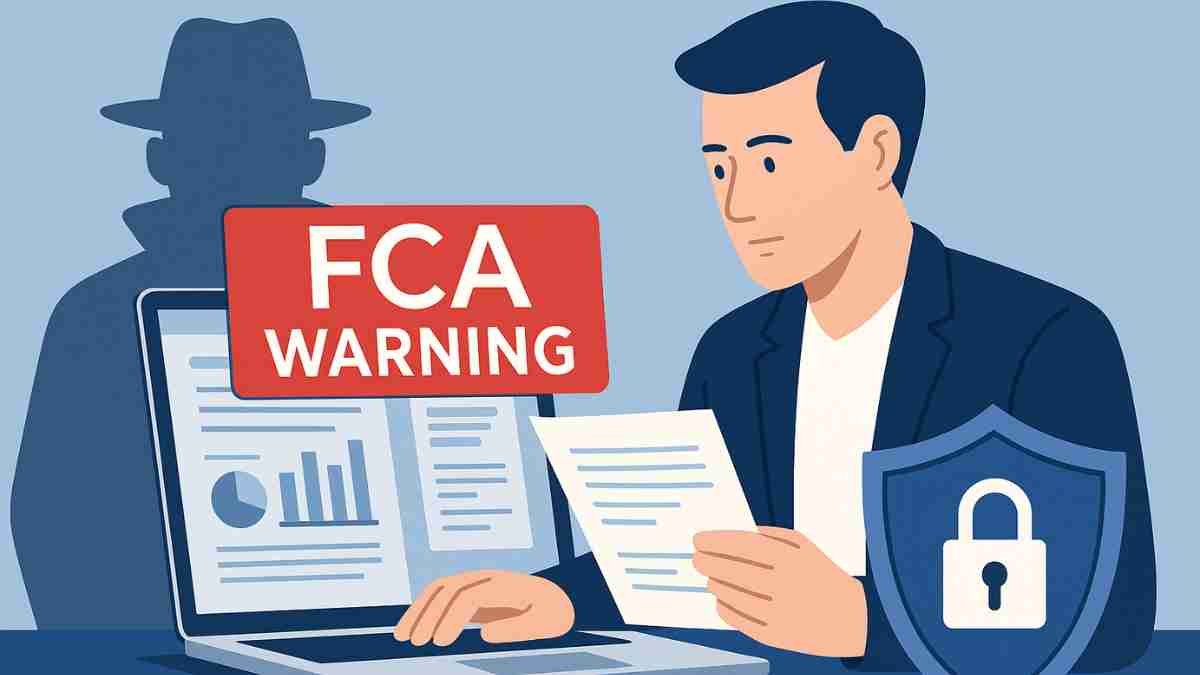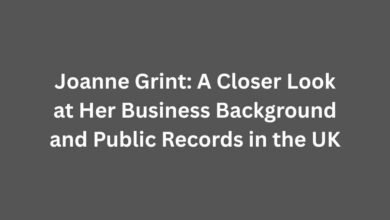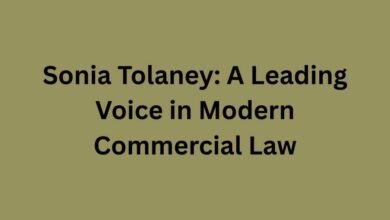IGW Management: What You Need to Know About the Clone Firm Warning

The financial services sector in the United Kingdom is strictly regulated to protect consumers from fraud, malpractice, and financial loss. Yet, despite the safeguards in place, many individuals still fall victim to sophisticated scams. One recent example is the case of IGW Management, a name that has surfaced in connection with a serious warning from the UK’s Financial Conduct Authority (FCA). Understanding what this warning means, who is behind the legitimate firm being impersonated, and what steps consumers should take is vital for safeguarding investments.
Who or What Is IGW Management?
At first glance, IGW Management presents itself as a professional wealth management firm offering financial advice and services. However, according to the FCA, IGW Management is not an authorised firm but a clone of an existing company. Clone firms are a common tactic used by fraudsters. They mimic the branding, contact details, and even the registration information of legitimate, authorised firms. The objective is simple: to trick unsuspecting consumers into handing over their money under the false belief that they are dealing with a reputable business.
In this particular case, IGW Management claims to be associated with Ingham Graham Wealth Management Limited, a genuine financial services provider based in Glossop, Derbyshire. The real company is fully authorised and regulated by the FCA under the reference number 745458. The fraudulent outfit, however, is in no way connected to the real firm.
The FCA Warning
The FCA issued a formal warning against IGW Management, making it clear that the firm is unauthorised and poses a risk to consumers. The regulator emphasises that any individual or business dealing with IGW Management will not have access to the Financial Ombudsman Service or be covered by the Financial Services Compensation Scheme (FSCS).
This lack of protection is crucial to understand. If a consumer deposits funds with a clone firm and the money disappears, there is no regulatory safety net to recover the loss. In contrast, working with authorised firms provides layers of recourse, including complaints procedures, ombudsman support, and compensation where applicable.
The Genuine Firm Behind the Scam
The real company being impersonated is Ingham Graham Wealth Management Limited, which is a properly incorporated and active business in the UK. It was established in 2016 and operates from an office at 14 High Street East, Glossop. The genuine firm is authorised by the FCA, which means it adheres to strict standards regarding financial advice, consumer protection, and regulatory compliance.
By exploiting the reputation and legitimacy of this company, the clone firm IGW Management seeks to deceive potential clients. This type of scam is particularly damaging, not only to the victims but also to the genuine firm whose brand and credibility become tainted by the association.
How Clone Firms Operate
Clone firms use a variety of strategies to convince people they are genuine. In the case of IGW Management, fraudulent websites and email addresses were set up, often containing subtle variations of the legitimate company’s name or web domain. These platforms are designed to appear professional and convincing, sometimes even replicating entire sections of the genuine firm’s online presence.
Fraudsters may also cold-call individuals, send unsolicited emails, or advertise services online, directing potential victims to their fake websites. They often quote real firm reference numbers, physical addresses, and names of actual directors to further create the illusion of legitimacy.
Consumer Risks
The dangers associated with dealing with a clone firm like IGW Management are significant. Here are the key risks:
1. Financial Loss
The most immediate danger is losing your money. Funds transferred to unauthorised firms are unlikely to be recovered, as the fraudsters usually operate outside UK jurisdiction or use untraceable methods of moving money.
2. No Regulatory Protection
Consumers dealing with IGW Management would not be covered by the FSCS or have access to the Financial Ombudsman Service. This means no compensation and no independent mediation if things go wrong.
3. Identity Theft
In addition to financial loss, fraudsters may also exploit the personal information shared by victims, leading to identity theft and further fraudulent activity.
4. Psychological Impact
Falling victim to such scams often causes stress, anxiety, and a loss of trust in legitimate financial services providers.
Signs of a Clone Firm
Identifying a clone firm can be difficult because fraudsters are skilled at copying genuine information. However, there are several warning signs to look out for:
Unsolicited Contact: If you are contacted unexpectedly by a firm claiming to offer financial services, proceed with caution.
Email Domains: Check whether the email address looks suspicious or different from the official company domain.
Too-Good-To-Be-True Offers: Promises of guaranteed returns or unusually high profits are red flags.
Verification Issues: If the contact details given do not match those on the FCA Register, this is a strong sign of fraud.
Pressure Tactics: Scammers often pressure you into making quick decisions before you have time to verify their legitimacy.
The Role of the FCA
The FCA is the watchdog responsible for regulating financial services in the UK. When it identifies unauthorised firms or clone companies, it issues public warnings to alert consumers. These warnings are freely accessible on the FCA website.
The FCA also maintains a register of authorised firms. This register is the most reliable tool for checking whether a firm is genuine. It provides detailed information, including contact details, firm reference numbers, and the status of authorisation.
What Consumers Should Do
If you come across a firm like IGW Management, here are the steps you should take:
Verify the Firm: Always check the FCA Register before engaging with any financial services provider.
Use Official Contacts: Only use the phone numbers, emails, and websites listed on the FCA Register.
Report Suspicious Firms: If you suspect a company is a clone, report it to the FCA immediately.
Protect Personal Data: Avoid sharing sensitive information with unknown or unverified sources.
Stay Informed: Keep updated with FCA warnings to be aware of emerging threats.
Broader Impact on the Financial Industry
Cases like IGW Management highlight the persistent threat posed by fraud in the financial services sector. Clone firms not only defraud individuals but also damage the reputation of legitimate businesses. They undermine trust in financial services and increase the burden on regulators to combat these scams.
Financial institutions must therefore invest in stronger digital security, improved customer awareness programmes, and closer collaboration with regulators to minimise the impact of fraudsters. At the same time, consumers need to stay vigilant and proactive in verifying the authenticity of any firm they deal with.
Conclusion
The warning about IGW Management issued by the FCA serves as a critical reminder of the risks posed by clone firms. While they may appear professional and legitimate, these entities are designed solely to defraud consumers. By copying the details of real, authorised companies, they lure victims into a false sense of security.
Consumers must remain cautious, verify firms through the FCA Register, and never rely solely on information provided in unsolicited communications. Ingham Graham Wealth Management Limited, the genuine firm being impersonated, continues to operate legally and under regulation, but it has no connection whatsoever with the fraudulent IGW Management.



